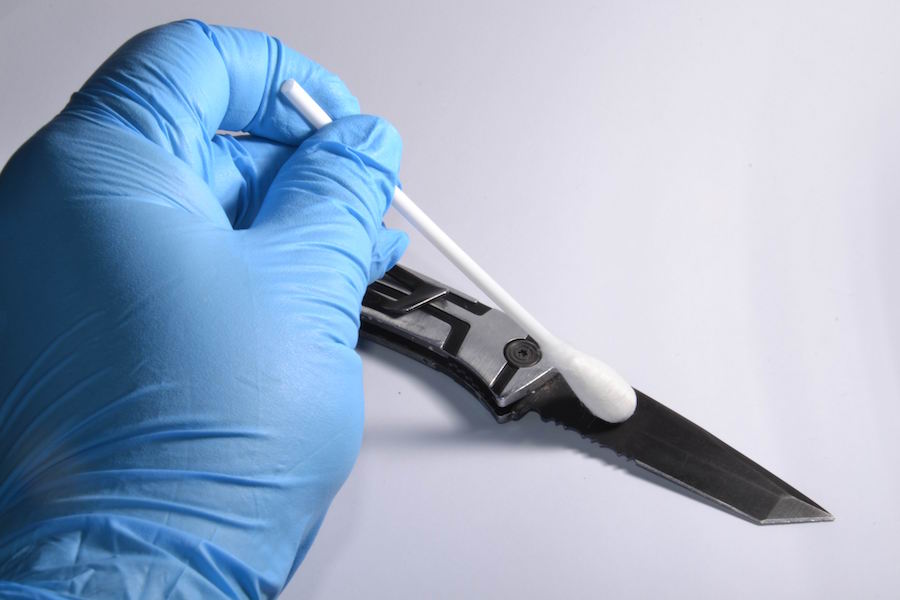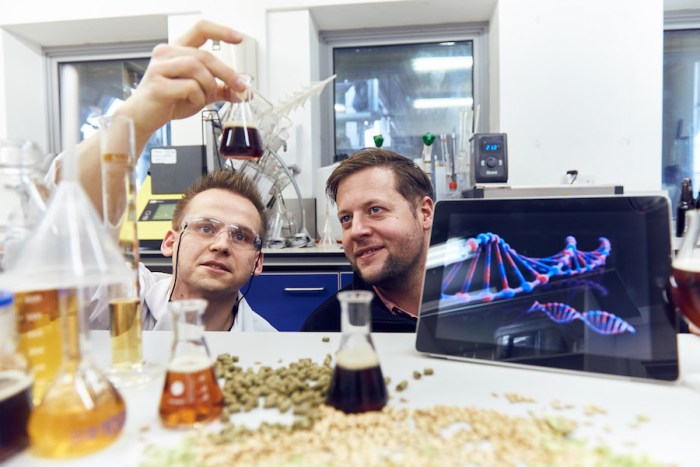Since DNA technology entered our criminal justice system in the late 1980s, more than 340 people have been exonerated of wrongful convictions.
That’s good news for the people whose records have been set straight, but it’s actually bad news for the criminal justice system as a whole, according to Daniel Medwed, a Northeastern University professor of law and criminal justice.
What’s so bad about righting those wrongs? First, that the judicial system was wrong that many times about who committed a crime. Second, DNA evidence doesn’t exist in most criminal cases.
“One of the issues of DNA is that it creates the appearance of solving the problem of ‘innocent man convicted,’ but it really doesn’t because so few cases actually involve biological evidence,” Medwed said.
That means there’s less chance of correcting a wrong conviction when there’s no DNA evidence involved, unless we look at why wrongful convictions happen in the first place, said Medwed, who examines the issue in his latest project, the book Wrongful Convictions and the DNA Revolution.
Published in March, the book examines 25 years of DNA exonerations. Medwed wrote one chapter and edited the entire book.
The point is to try to understand what went wrong in cases that convicted innocent prisoners, he said. We know those cases had errors because DNA technology later corrected them, but that means many other cases without DNA evidence probably have errors, too, “based on the idea that those factors appear in non-DNA cases as well,” Medwed said.
One contributing factor to wrongful convictions are eyewitnesses who identify the wrong suspects. If there’s DNA evidence, an inaccurate identification gets righted. If there’s no DNA evidence, juries could base their verdicts on those inaccurate eyewitnesses.
DNA is most often involved in sexual assault and murder cases, Medwed said, but usually doesn’t appear in cases involving such crimes as robbery, street theft and murder by firearm.
“It’s much harder to overturn those other cases when you don’t have the magic bullet of science,” he said.
The success of DNA evidence is basically a distraction, Medwed said, from the other ways our criminal justice system fails innocent people.
“I think the system has begun to rely on DNA, that’s part of my concern,” Medwed said. “As great a tool it is, DNA doesn’t appear in many cases, and we don’t want the impression that problems are solved.”



















